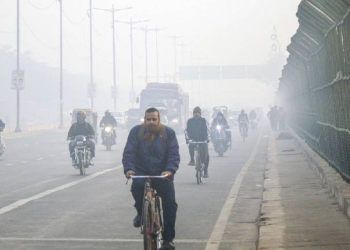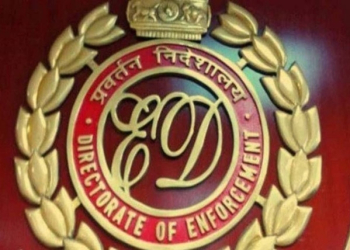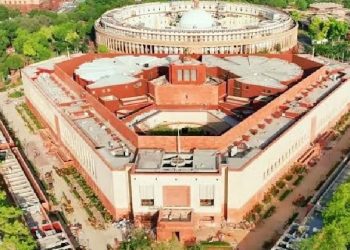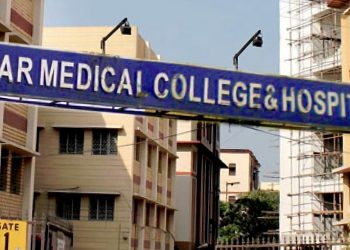New Delhi: The Supreme Court on Friday said the authorities cannot confiscate a vehicle, allegedly used in transportation of cows for slaughter, after the owner was acquitted in the criminal case.
It held that this would amount to arbitrary deprivation of property and violate the right guaranteed to each person under Article 300A of the Constitution.
A bench of Justices K.M. Joseph and Hrishikesh Roy said: “In the present case, the appellant’s truck was confiscated on account of the criminal proceedings alone and therefore, under the applicable law, the vehicle cannot be withheld and then confiscated by the State, when the original proceedings have culminated into acquittal.”
Justice Roy, who authored the judgment on behalf of the bench, noted that it is also not the projected case that there is a likelihood that the appellant’s truck will be used for committing a similar offence.
The top court made these observations while setting aside Madhya Pradesh High Court order, which rejected a plea by Abdul Vahab challenging confiscation of his truck under the MP Prohibition of Cow Slaughter Act, 2004 and the Rule 5 of the MP Govansh Vadh Pratishedh Rules, 2012.
Justice Roy said: “The confiscation of the appellant’s truck when he is acquitted in the criminal prosecution, amounts to arbitrary deprivation of his property and violates the right guaranteed to each person under Article 300A.”
The bench said by reason of an order of confiscation, a person is deprived of the enjoyment of his property and added that Article 300A provides that no person shall be deprived of his property save by authority of law. “Therefore, to deprive any person of their property, it is necessary for the State, inter alia, to establish that the property was illegally obtained or is part of the proceeds of crime or the deprivation is warranted for public purpose or public interest,” it said.
Justice Roy said the circumstances in the present case are compelling to conclude that the District Magistrate’s order of confiscation (ignoring the trial court’s judgment of acquittal), is not only arbitrary but also inconsistent with the legal requirements.
Vahab’s truck, loaded with 17 cow progeny, was intercepted and the driver of the vehicle and one other person were arrested. The truck owner along with the accused faced trial for offences under the 2004 Act and under the Prevention of Cruelty to Animals Act, 1960.
The accused were acquitted by the trial court on the ground that the prosecution failed to prove that cows were being transported for slaughtering. However, the DM ordered confiscation of the truck, disregarding the acquittal. The vehicle owner moved the high court, which rejected the plea against the DM’s order.
Justice Roy said: “The District Magistrate has the power to independently adjudicate cases of violations under Sections 4, 5, 6, 6A and 6B of the 2004 Act and pass order of confiscation in case of violation. But in a case where the offender/accused are acquitted in the criminal prosecution, the judgment given in the criminal trial should be factored in by the District Magistrate while deciding the confiscation proceeding.”
“Consequently, the High Court’s decision to the contrary is set aside. The appeal stands allowed with this order without any order on cost.”
(IANS)




















